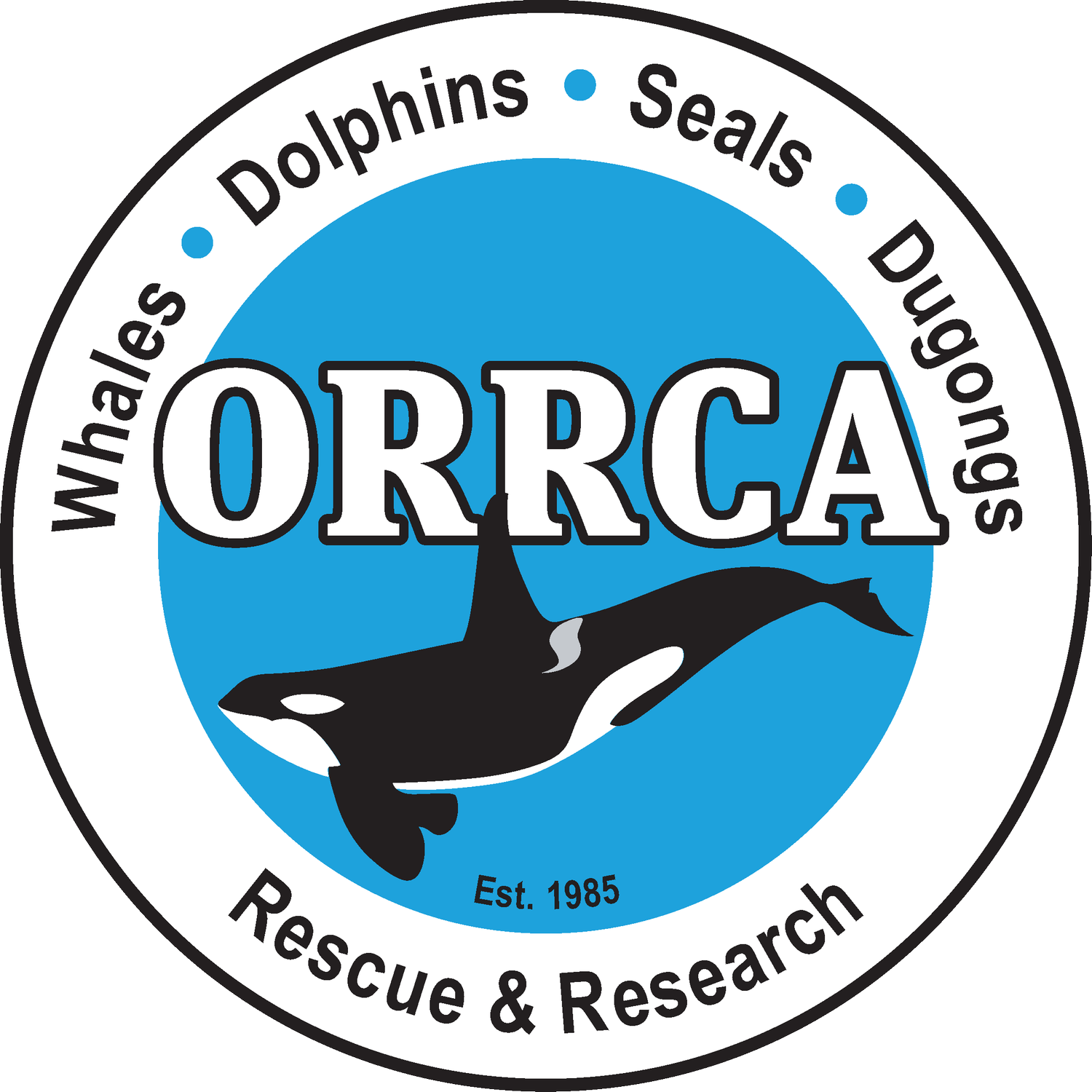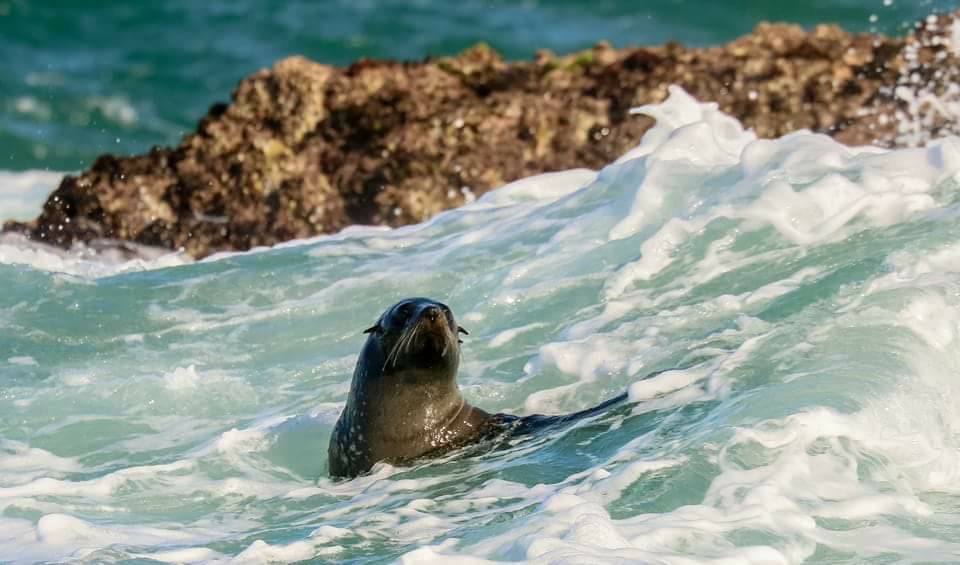Our Core Vision
The organisation not only rescues, monitors and researches the great whales along our coastlines,
it is also involved with research, conservation, protection and welfare of seals, dolphins and dugongs.
We do this through;
Rescue and Monitoring
Every year ORRCA members spend hours evaluating and protecting hauled out seals and other marine mammals that visit and shelter along our coastlines.
Part of our role is to report on an animal’s condition, photograph the animal for identification purposes and to keep both the animal and the community safe from any threatening encounters. The ORRCA Rescue Hotline team co-ordinate ORRCA’s response to best manage a situation for the animal. Sometimes it’s a short visit to our shores however in some species, a situation could be managed over several months or even years.
EDUCATION
Public education is another key initiative of our activities. ORRCA is keen to share our knowledge as we are here for the greater good of whales, dolphins, seals & dugongs. See our education resources.
Rehabilitation and Release
Our members work with Government Authorities when whales, dolphins, seals and dugongs need rehabilitation and play a role in the eventual, and highly anticipated, release back into the wild. ORRCA forms part of a multi agency response to incidents, working alongside NSW National Parks and other organisations such as the Taronga Wildlife Hospital, the RSPCA, local Councils, SLSA and specialist veterinarians to achieve optimal outcomes.
THE BIGGER PICTURE
ORRCA's respect as a formative organisation, is evident with legislative bodies seeking input when amending existing laws or introducing new ones.
ORRCA has Committee members that also sit on the NSW Wildlife Council, the Cetacean NGO Roundtable in Canberra, and participate in industry conferences, ensuring our knowledge remains current and our voice is heard.
Research
In the past, our research projects have been quite extensive for a volunteer group as they included necropsies, bone recoveries, and skeletal exhumations.
Today, our projects are more specific for example, documenting and reporting on all incidents we attend. We keep detailed records on location, species and behaviour and this also includes recording the vital signs of various animals for hours, days, weeks and months as needed. ORRCA also collects measurements, samples and data from diseased animals for analysis.
Starting in 2020, we introduced the ORRCA East Coast whale migration research program where our members document the migrating whales along the east coast through June, July (going north) and in October (going south).
A close working relationship with Government agencies ensures that marine mammals welfare is considered from differing perspectives. The support ORRCA provides in investigations and debriefing situations, enables refined learning outcomes where improved stranding and rescue practices are achieved.
Important note: ORRCA’s rescue work is focused on the observing, monitoring and the rehabilitation of marine mammals so that they can be successfully returned to the wild. Unfortunately, many of these highly intelligent animals come ashore very sick or seriously injured. In these situations, our rescue members and the ORRCA Rescue Hotline Team work together with experienced authorities and vets to make hard decisions that are in the animals best interests. In some cases, seriously injured, infected and sick animals may be euthanised to alleviate their pain as quickly as possible.




